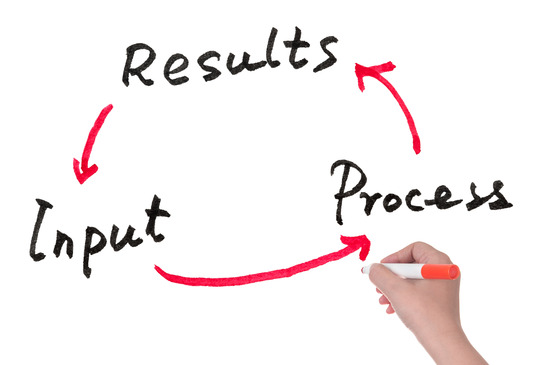
By the time struggling couples decide to hire a divorce mediator, one or both of the spouses have decided that the marriage has deteriorated so much, it is beyond saving and therefore should end. Spouses often agree on using divorce mediation instead of expensive and lengthy litigation when they believe they can handle all of the issues relating to divorce, such as separation of assets and debt, child custody and visitation arrangements, and spousal and child support, and find common ground with few arguments.
It is important to realize that most couples who have reached the decision to divorce consider it a point of no return. However, the uncertainty of the future, especially if the family home has to be sold, or if there is financial instability, can sometimes cause a lot of worry and anxiety, which can lead one or both spouses to question if the divorce is a such good idea. That is why some spouses may agree to go to divorce mediation when their partner requests it, believing deep inside that if they agree with the other spouse on every point, they will be able to re-establish communication, peace and trust, and may be able to bring the marriage back together. While a family mediator may offer marital mediation and reconciliation services to help couples find solutions to specific marital issues, it’s essential to understand that divorce mediation per se is not the same as marriage counseling. When you hire a divorce mediator, you are requesting help to get divorced in the most amicable and least painful way possible, not help to save your marriage. If reconciliation is your ultimate goal, then marriage counseling with a therapist, or reconciliation services with a qualified divorce mediator are more appropriate choices.
Divorce mediation can still do a lot for a couple’s relationship post-divorce. First of all, by acting as a facilitator rather than a judge or a referee throughout the divorce process, the mediator ensures that the rights and interests on both spouses are protected. Also, by not taking sides, he/she helps them decide what’s best and focus on a peaceful and conflict-free life after divorce, rather than dwell on past disagreements and resentment. Finally, an experienced divorce mediator has gone through a lot of training so that he/she can provide separating spouses valuable advice to improve their communication style and their problem-solving skills. Creating a new, more efficient communication channel and encouraging the preservation of this healthy communication after divorce will help ex-spouses when the need comes to solve more problems down the road, in a prompt and civil manner, especially if children are involved.
To learn more about the mediation process, complete our request for a free online evaluation, and to receive a free 30-minute phone consultation, visit us at www.afairway.com, or call 619-702-9174.http://www.afairway.com



























